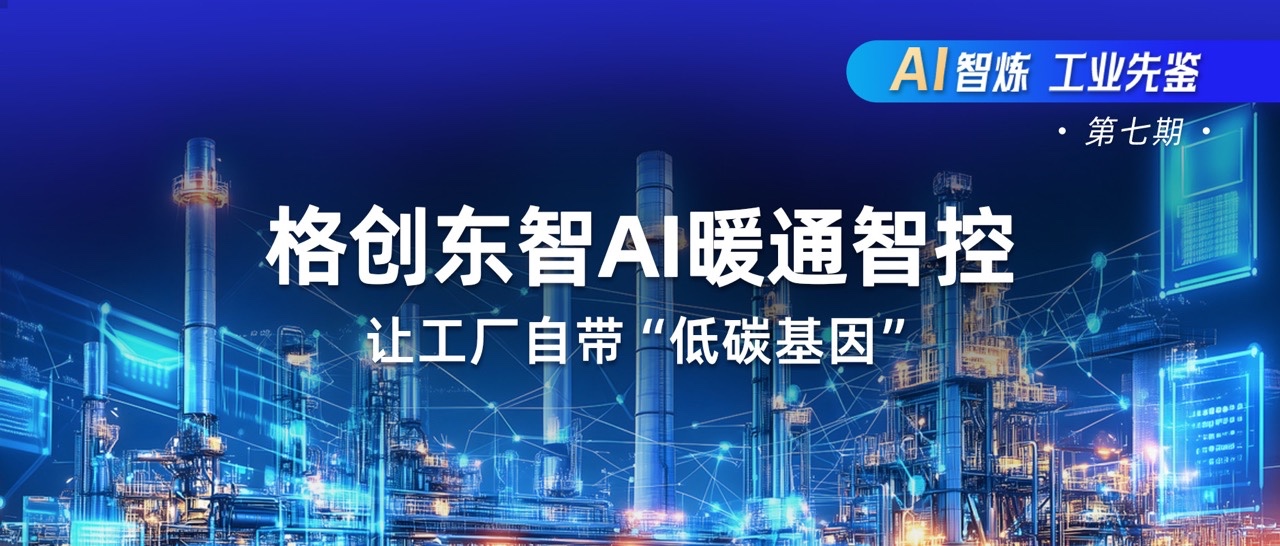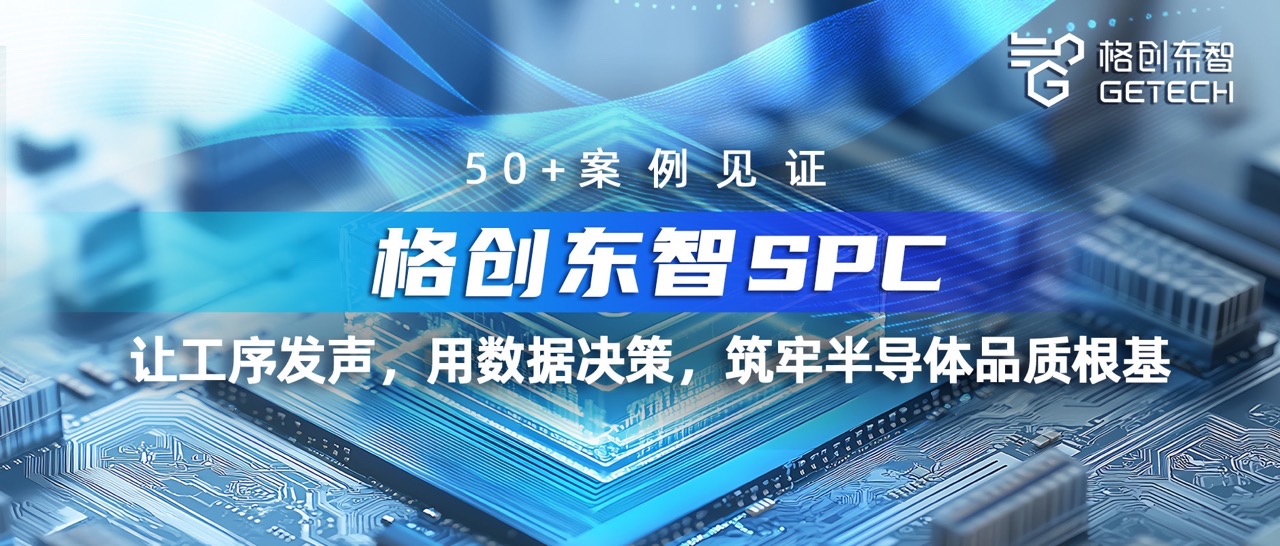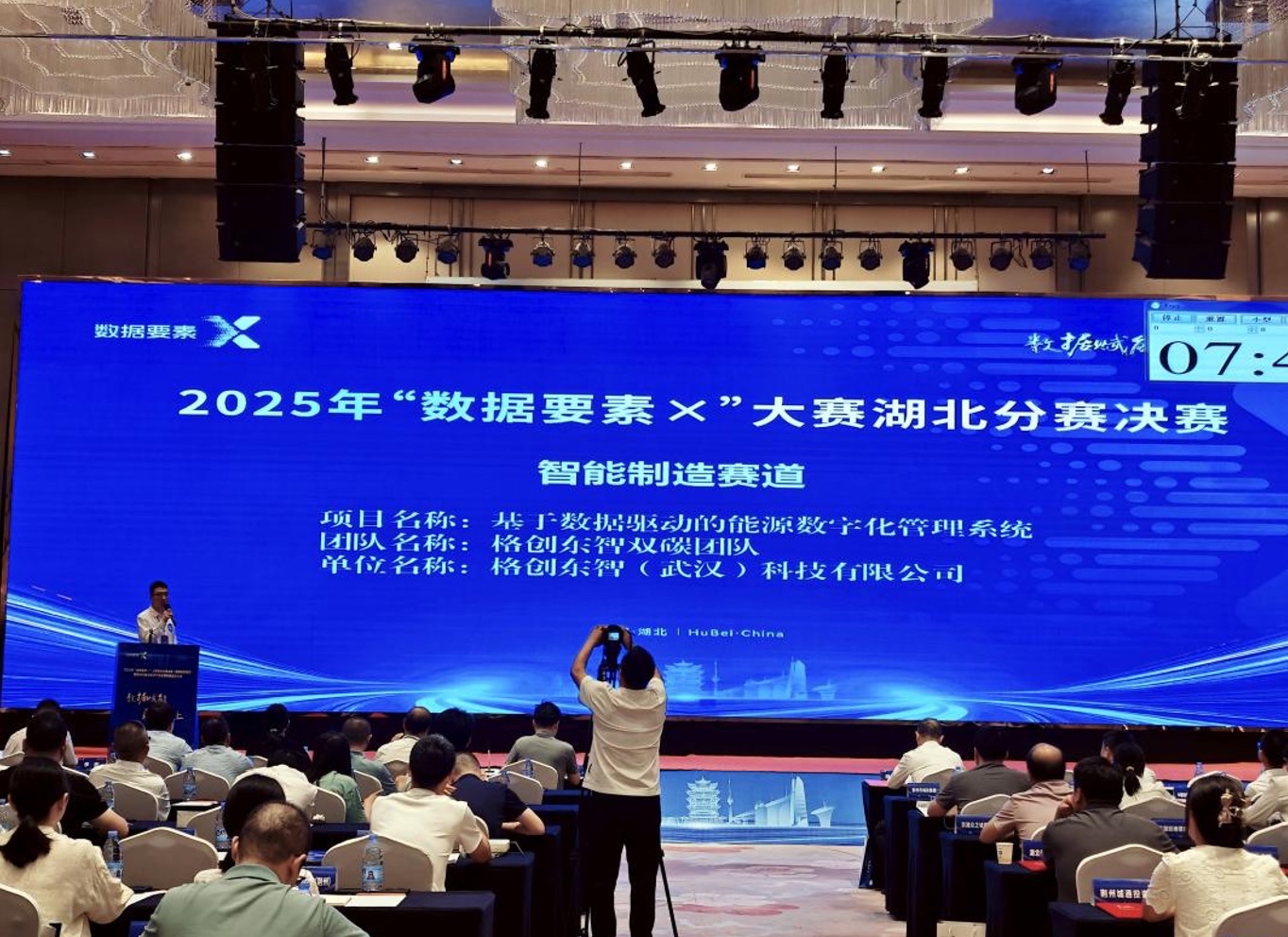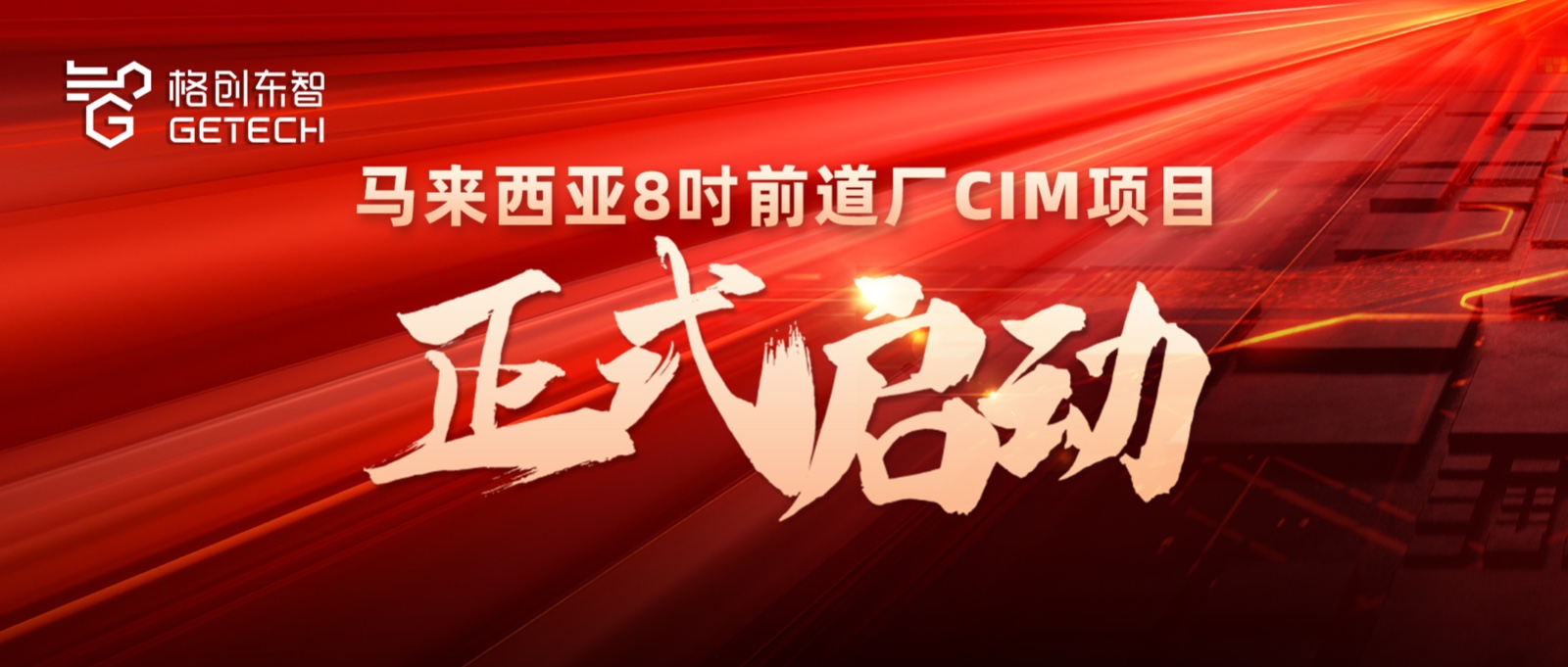Deep Focus! 'Industrial Internet World' Interview: Industrial AI Needs 'Fool-Proof' Application Tools
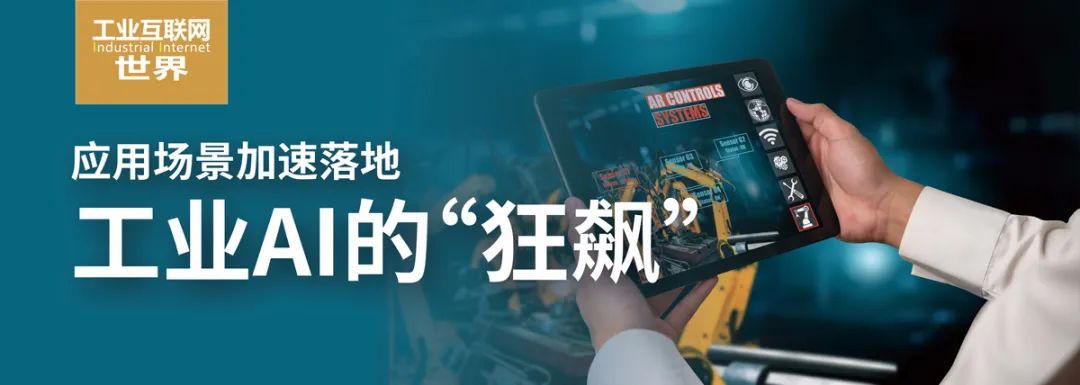
The concept of artificial intelligence (AI) has achieved remarkable achievements in both theory and engineering practice since its proposal in 1956, and is increasingly integrated into various fields of economic development, providing strong support for the conversion of old and new kinetic energy and high-quality economic development. In particular, AI plays an increasingly important role in promoting the digital transformation of industrial manufacturing and providing industrial internet services.
'Currently, AI has multiple application scenarios in the industrial field, especially in quality inspection and data analysis, where it has relatively mature applications.' said Wang Yun, General Manager of GTRONTEC Dongzhi's AI Business Unit, in an interview with Industrial Internet World reporter, stating that GTRONTEC Dongzhi has deep experience accumulation and complete solutions in these two areas.
'Traditional panel industry quality inspection uses AOI equipment to take photos of product defects, upload them to the NAS system, then through MES to the manual judgment Code interface, where inspectors identify and classify defects in the images, and then feedback to MES.' Wang Yun said, although this method ensures accuracy, it requires a lot of manual resources.
In response, GTRONTEC Dongzhi, based on Tianshu AI, helped TCL CSOT achieve AI application in product defect judgment (ADC project), which is the first implemented AI automatic defect classification system in the panel industry. It can help traditional AOI equipment automatically classify product defects, achieve self-learning of detection methods, self-optimization of detection models, perform quality statistical analysis through big data, feedback to optimize front-end processes, improve production line yield, and completely replace manual re-judgment operations in traditional machine vision.
According to the reporter's understanding, the ADC project has brought significant benefit improvements to TCL CSOT's production line, replacing over 50% of manpower, achieving over ten million yuan in annual economic benefits. Its AI recognition speed increased by 5-10 times, and accuracy improved from 85% of the human eye to over 90%.
In terms of data analysis, Wang Yun said that in continuous manufacturing such as semiconductors, quality issues may be caused by multiple intertwined factors and cannot be monitored by simple quality monitoring means. GTRONTEC Dongzhi's multi-factor data analysis and modeling tool can real-time mine key factors affecting production and product abnormalities, reduce production losses, and improve equipment mechanism certainty. At the same time, using data models to precipitate and inherit process experience greatly improves the efficiency of analyzing problems and identifying factors.
Although AI is gradually deepening in the industrial field, industrial AI differs greatly from general AI applications. Wang Yun believes it is mainly manifested in the following aspects.
First, data acquisition is difficult. Currently, many industrial enterprises have weak data foundations, and issues like data collection and data silos are prominent.
Second, data security and confidentiality require data not to leave the domain. Many enterprises are very cautious about their data, requiring data to stay local and not leave the domain. This means that industrial AI can only analyze data locally when calling it, but if on-site capabilities such as computing power are insufficient, industrial AI cannot access complete data for analysis and modeling.
Third, industrial scenarios are complex and diverse. For the same product, different enterprises and customers have a lot of personalized customization due to different scenarios or parameters, so it is difficult to make industrial AI into a general product. The small sample problem for multiple defects, especially rare defects, poses a great challenge to algorithms.
Fourth, there is a shortage of industrial AI talent. There are too few people who understand both technology and industry. AI engineers who understand technology do not know the actual operation of factories, which input factors affect factory scheduling, which systems the input data comes from, which unexpected situations need to be considered, and which optimization indicators are the real pain points of factories. This enterprise information needs to be known by an AI engineer. If 'working behind closed doors', once the product changes, its algorithm model will also change significantly. At the same time, the speed of algorithm deployment cannot keep up with product iteration speed, engineers lack corresponding algorithm skills, and cannot train models themselves are common problems in AI promotion.
Fifth, industrial enterprises lack clear strategic thinking for transformation. Enterprises have not clearly thought about the role AI plays in digital transformation, what benefits it can bring, and what future core competitiveness will be. At this stage, most enterprises choose to make breakthroughs at single points, without a macro-level deep path reflecting AI's role in cost reduction, efficiency improvement, and quality enhancement. Benefits are difficult to体现, scene mining momentum is insufficient, and they cannot persist in deepening AI applications in industry, leading to AI's value not being realized within enterprises.
Regarding the next development trend of industrial AI, Wang Yun believes that in the future, in the industrial manufacturing field, industrial AI should have characteristics of lightweight, modular, low-code or even no-code, becoming a 'fool-proof' application tool that can quickly and effectively help factory engineers or supervisors solve problems, ultimately achieving the goal of optimizing production, so that everyone is willing to use and promote it. At the same time, industrial AI applications will gradually extend from scenarios like identification, monitoring, and warning to data analysis, prediction, and judgment scenarios, achieving autonomous decision-making and execution, and finally achieving the ability to autonomously adjust and optimize processes.
In addition, Wang Yun believes that besides AI applications in supervised and unsupervised language technologies in industrial manufacturing, in the future, natural language processing (NLP) technology can be used to analyze external data such as industry reports and market analysis. Based on customer needs, it can assist us in designing corresponding solutions, effectively avoiding potential security risks for customers.
At the same time, the designed products can also simulate their performance, truly achieving AI implementation and ecology in the entire product lifecycle, achieving closed-loop management of self-monitoring, self-feedback, self-design, self-decision, self-production, self-execution, and self-optimization. Perhaps in the near future, it will be entirely possible to conduct 'product production management' in the virtual world through concepts like digital twins or metaverse, creating a true metaverse ecology.

